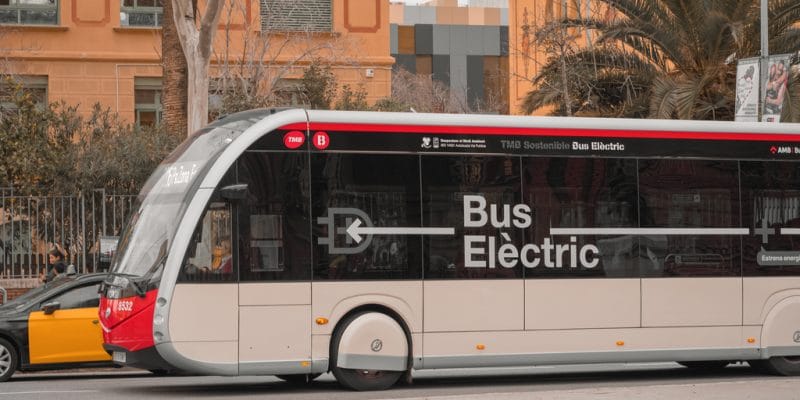In Nigeria, energy solutions provider Oando has signed an agreement with the Lagos Metropolitan Transport Authority (LAMATA) to deploy electric buses in the economic capital. This partnership will contribute to the decarbonisation of the transport system in this West African country.
With its 21 million inhabitants, the city of Lagos in Nigeria is faced with traffic jams and air pollution. In this context, the Oando Group, through its subsidiary Oando Clean Energy Limited (OCEL), which specialises in renewable energy, has entered into a partnership with the Lagos Metropolitan Transport Authority (LAMATA) with a view to introducing electric buses in the economic capital.
“OCEL was born out of a need to organise the best energy mix to propel Nigeria, and indeed Africa, to its full potential for the industrialisation of Nigeria,” says Oando Clean Energy chairman Adewale Tinubu. Ultimately, the agreement between Lamata and Oando will enable the decarbonisation of the Nigerian transport system, notably through the development of electric mobility in several urban areas such as Kano in the north and Enugu in the south.
The journey towards electric mobility
“This upward trajectory in vehicle numbers poses a significant challenge, as transport generates 23-30% of annual CO2 emissions. In addition, the future of the automobile looks increasingly electric worldwide, due to growing regulatory measures, including upcoming bans on sales of vehicles with internal combustion engines and continued improvements in battery technologies,” the Oando statement said.
According to the Lagos Metropolitan Transport Authority, Africa’s largest city has 222 vehicles for every kilometre of road, which adds to pollution and slow travel. To remedy this, a Lagos-based start-up led by Mustapha Gajibo will produce solar-powered electric buses locally from the second half of 2022. The 12-seater cars will be able to travel up to 200 km and will be directly equipped with solar panels and batteries.
Read also-NIGERIA: Start-up to produce solar-powered buses by June 2022
At the same time, the International Finance Corporation (IFC), the subsidiary of the World Bank Group responsible for financing the private sector, has granted a loan of 50 million dollars (about 21 billion naira) to the authorities of this south-western Nigerian state to extend access to urban transport. The project, which aims to rehabilitate two transport lines in the Ile Iwe-Ile Epo and Abule Egba-Command areas, will benefit 150,000 people daily.
Benoit-Ivan Wansi





